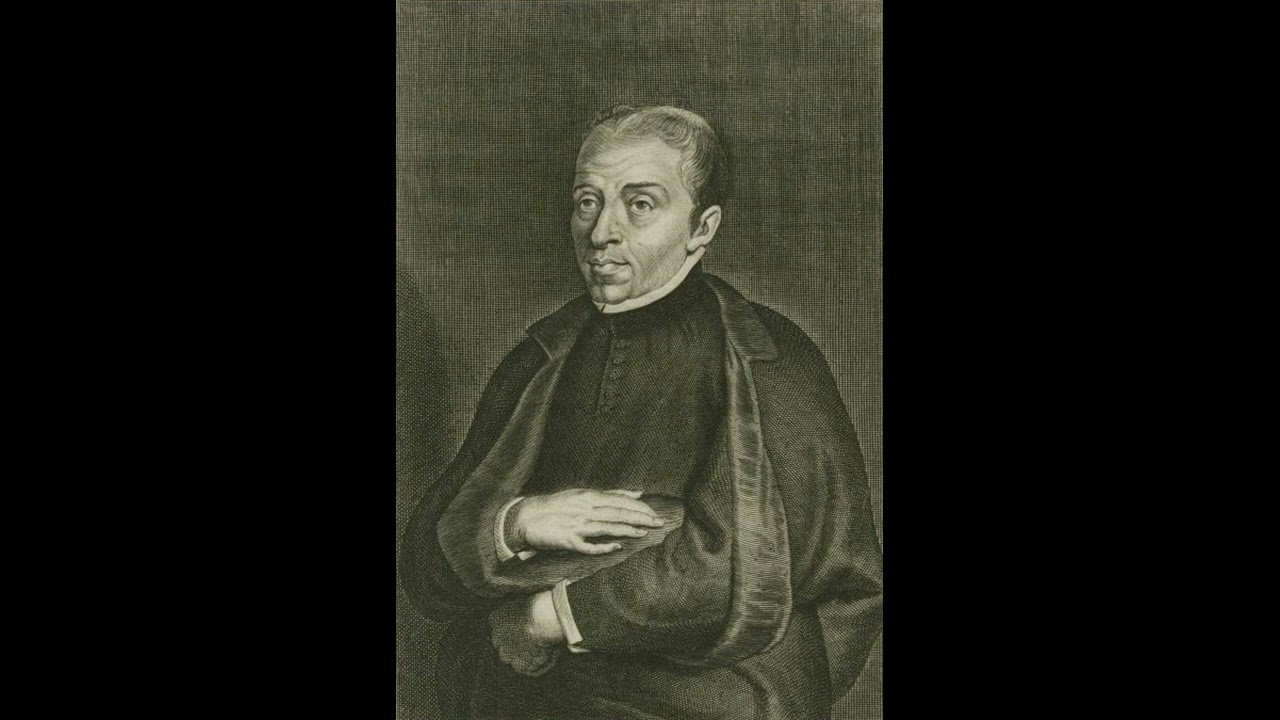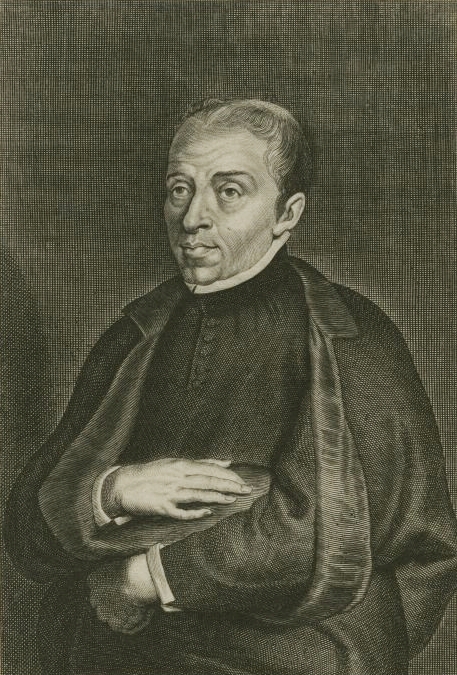Duarte Lobo, a prominent figure in Renaissance and early Baroque music, may not be as widely recognized as some of his contemporaries, but his contributions to the musical landscape are significant. Here are 10 fascinating facts about this classical composer:
- Portuguese Roots: Duarte Lobo was born around 1565 in Alcáçovas, Portugal. Not much is known about his early life, but his heritage played a significant role in shaping his musical style.
- Education at Évora Cathedral: Lobo received his musical education at the Évora Cathedral, an institution renowned for its musical excellence during the Renaissance period. It was here that he honed his skills as a composer and musician.
- Master of Music at Évora: Lobo’s talent was quickly recognized, and he eventually rose to the position of mestre de capela (master of music) at the Évora Cathedral, where he composed music for liturgical services and other occasions.
- Prolific Composer: Despite the scarcity of biographical information about Lobo, his compositions have survived the test of time. He is known to have composed numerous sacred works, including masses, motets, and hymns.
- Polyphonic Mastery: Lobo’s compositions are characterized by their intricate polyphony and rich harmonic textures. His mastery of counterpoint and his ability to create lush choral soundscapes set him apart as a composer of great skill and artistry.
- Influence of Palestrina: Like many composers of his time, Lobo was influenced by the works of Giovanni Pierluigi da Palestrina, the renowned Italian Renaissance composer. Lobo’s music reflects the influence of Palestrina’s style, particularly in its clarity of texture and contrapuntal elegance.
- Royal Appointments: Lobo’s talents were highly esteemed, and he received several prestigious appointments, including serving as the royal composer to King Philip II of Portugal. These appointments brought him recognition and financial security.
- Publication of Works: Lobo’s compositions were published both during his lifetime and posthumously. His printed collections, such as the Cantica Beatae Mariae Virginis (1621), helped to disseminate his music beyond the borders of Portugal.
- Legacy in Portuguese Music: Lobo’s influence extended beyond his own lifetime, shaping the course of Portuguese sacred music for generations to come. His compositions are still performed and studied today, keeping his legacy alive.
- Rediscovery and Revival: While Lobo’s music fell into obscurity for a period after his death, there has been a renewed interest in his works in recent years. Performances and recordings of his music have contributed to a revival of interest in this lesser-known but immensely talented composer.
Duarte Lobo may not be as famous as some of his contemporaries, but his music continues to captivate audiences with its beauty, depth, and timeless elegance. As scholars and musicians continue to explore the rich tapestry of Renaissance and Baroque music, Lobo’s contributions remain an integral part of the musical heritage of Portugal and beyond.


Comments are closed